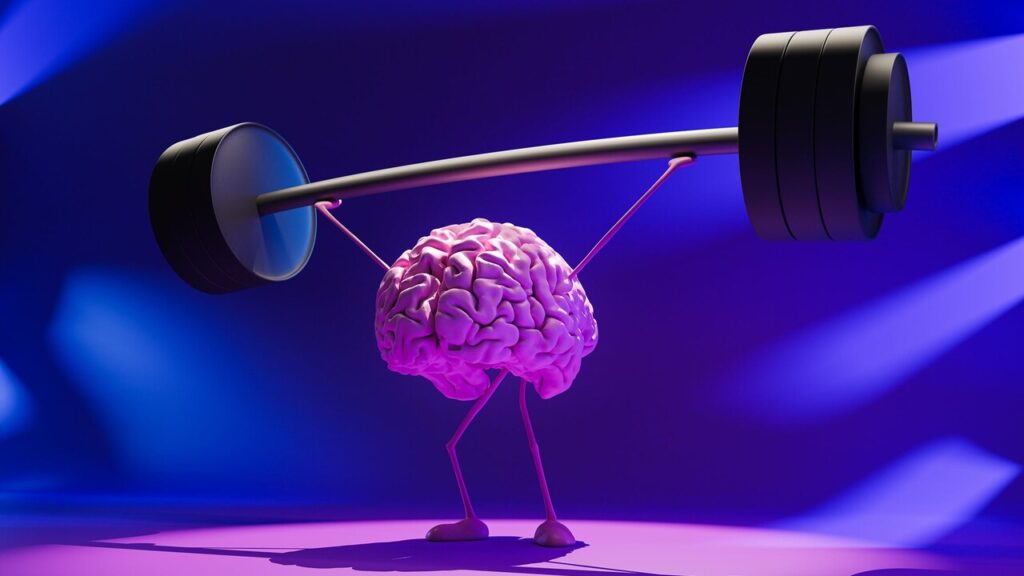
Sleep is the Remedy
Sleep is a complex, active process of restoration for the body. The cycle of sleep and wakefulness is one of the most integral and intricate human function. Sleep is aligned with the night/day cycle of the Earth. Disrupted sleep adversely affects an individual’s well-being, including their mental and physical health. Over one-third of the US population has reported sleeping less than the recommended seven hours a night
Sleep disruption is associated with increased activity of the sympathetic nervous system and hypothalamic-pituitary-adrenal (HPA) axis, adverse metabolic effects increase oxidative stress and produce proinflammatory responses. Low-grade inflammation may promote changes in the cellular components of the blood-brain barrier making the central nervous system vulnerable to effects of toxins which otherwise cannot affect the brain when the blood brain barrier is intact. Oxidative stress is one of main causes for DNA and Mitochondrial damage.
Inadequate sleep is linked with increased BMI, a risk factor for chronic diseases such as obesity, heart disease, high blood pressure, type 2 diabetes, and dysregulated immune function. Suppression of slow wave sleep (the most restorative form of sleep) is associated with decreased insulin sensitivity and other metabolic changes including decreased leptin and increased ghrelin that may contribute to increased appetite. Mind-Body Interventions like Yoga, Tai Chi, and QiGong help patients relax into sleep. Behavioral change occurs gradually over time. Patients who are mindful of their decision-making and who are more conscious of the benefits of changing an unhealthy behavior may find it easier to adhere to clinician-prescribed behavior modification. In addition, adults who are short sleepers (less than seven hours) are more likely to report chronic health conditions physical and mental alike.


